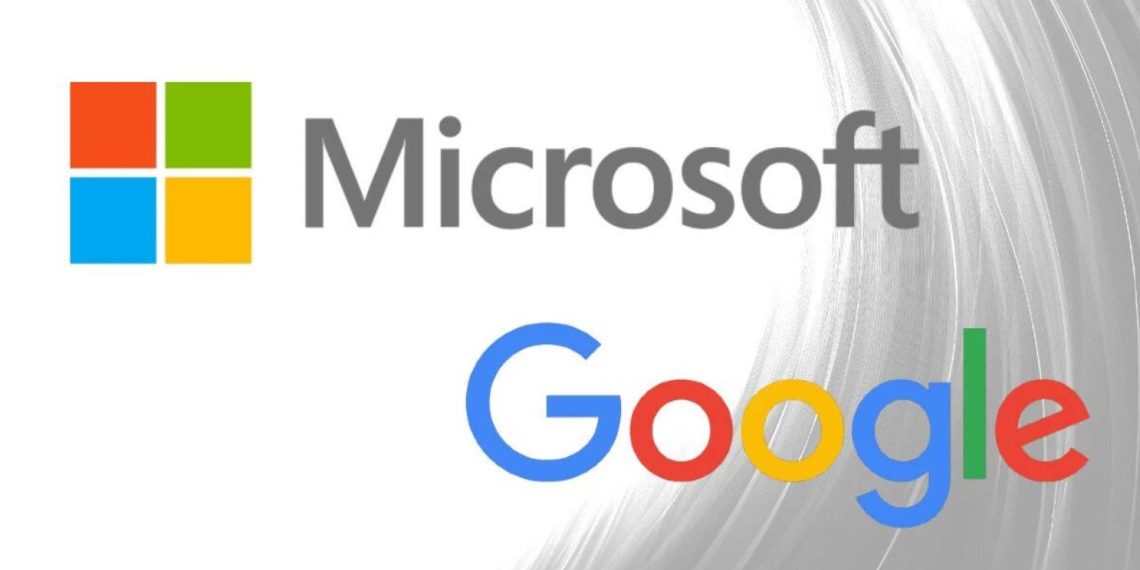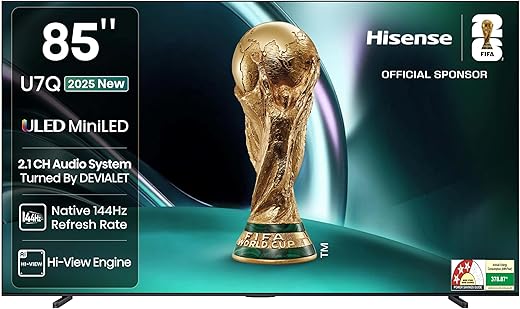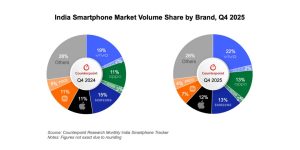Google has been the go-to search engine for users worldwide for over two decades, but the tech giant’s dominance in the market could be under threat. A recent report reveals that Google is developing a new AI-powered search engine, as it seeks to compete with Microsoft’s Bing and other AI-based rivals. According to the report, the emergence of Bing and other competitors in a market that Google has dominated for 25 years is causing the company to lose sleep.
Microsoft’s Bing has been gaining traction in the search space, with its AI-powered search engine that aims to revolutionize the way people look up information online. While Bing was initially criticized for gaslighting users, refusing to accept its mistakes, and hallucinating during testing, Microsoft continued to work on the AI chatbot, and millions of users worldwide now use Bing. The new Bing offers both search and chat options, with the chat option generating images in addition to providing responses.
The report suggests that Google was made aware of the possibility of Samsung using Bing as the default search engine on its devices rather than Google. The prospect of losing an estimated $3 billion in annual revenue “panicked” the company, and it is now working on developing a new AI-powered search engine to compete with Bing and other AI-based search engines.
Microsoft CEO Satya Nadella had talked about competing with Google when the new Bing was launched, stating that given Microsoft’s innovation, Google will undoubtedly want to “dance.” He expressed admiration for Google’s incredible ability and the team but added that increased competition in the search market would benefit publishers and advertisers.
The new AI-powered search engine being developed by Google aims to improve the product’s effectiveness, which currently works 50% of the time. The search engine organizes other people’s content in a useful manner to allow users to locate information. The class of technology that can improve the product without fundamentally altering the process by which search obtains permission to exist as a product is what Google hopes to develop.
In conclusion, the race to develop the most effective AI-powered search engine continues to intensify. With Bing gaining traction in the market, Google is under pressure to maintain its dominance in the search space. Whether Google’s new AI-powered search engine will be able to compete with Bing and other AI-based rivals remains to be seen. However, increased competition in the market will undoubtedly benefit publishers, advertisers, and users.













































































































































































